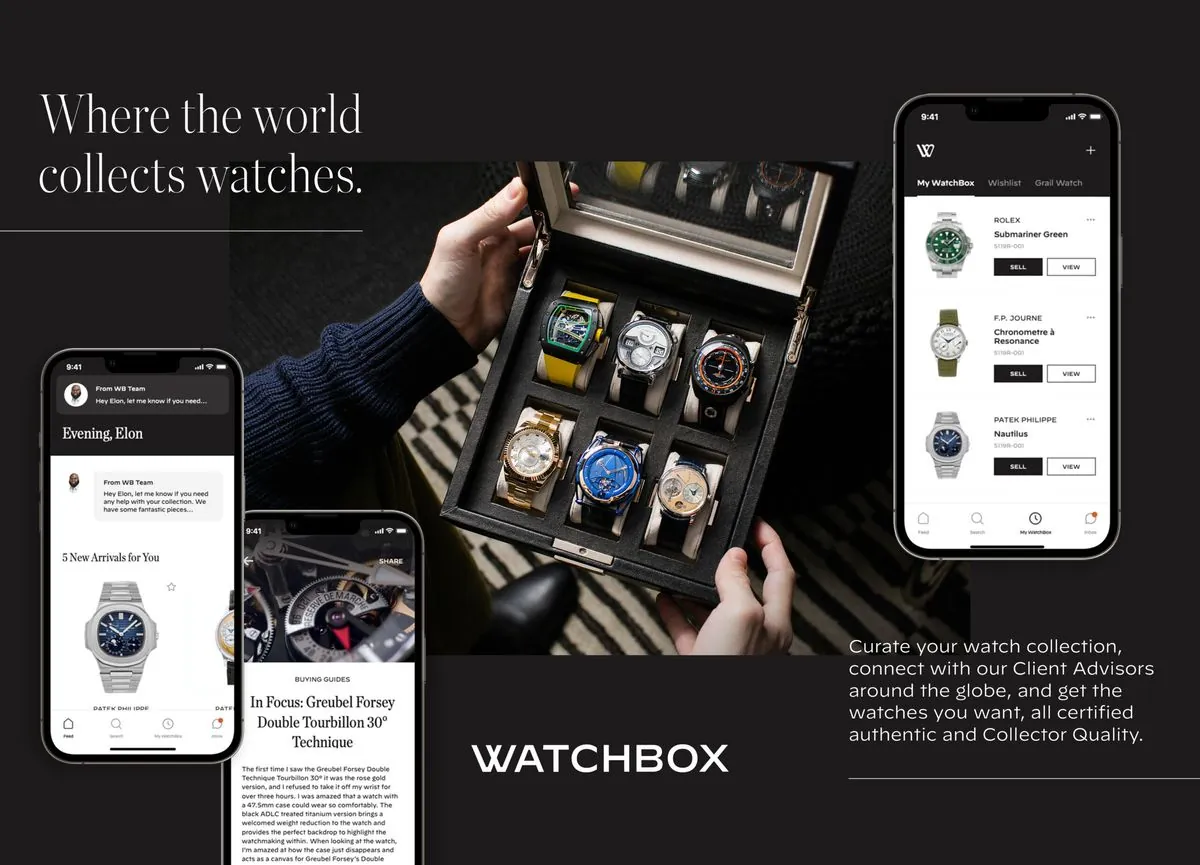WhatsApp Scammers Target Luxury Watch Dealers with Ransom Demands
Luxury watch and jewelry dealers on WhatsApp face extortion attempts and account bans. Scammers demand cryptocurrency payments, causing significant business disruptions and financial losses.

Luxury watch and jewelry dealers utilizing WhatsApp for their businesses are facing a new threat from scammers demanding ransom payments in cryptocurrency. These malicious actors are exploiting the platform's importance to small business owners, threatening to have their accounts banned unless they comply with extortion attempts.
WhatsApp, founded in 2009 and acquired by Meta (formerly Facebook) in 2014 for $19 billion, has become an essential tool for entrepreneurs in the luxury goods market. With over 2 billion active users worldwide as of 2023, the platform's privacy features and ease of use have made it a popular choice for conducting business transactions and maintaining client relationships.
However, this reliance on WhatsApp has made these businesses vulnerable to targeted attacks. In early August 2024, Tony Singh, owner of Asian Wealth Jewellers, received threats from scammers claiming they would ban his account unless he paid a ransom. When Singh refused, his account was indeed banned the following day, causing significant disruption to his business operations.
"I was in limbo. It really affected me, personally, business and financially."
Similarly, Tom Bolt, another luxury watch dealer, experienced a substantial loss of income when his account was inexplicably banned in August 2024. Both Singh and Bolt reported difficulties in contacting Meta for support, leaving them unable to conduct business or access important client information.

The impact of these bans extends beyond immediate financial losses. Singh noted that potential business partners stopped contacting him with offers due to his unavailability on WhatsApp. This highlights the critical role the platform plays in the luxury goods market, where trust and quick communication are essential.
Interestingly, WhatsApp introduced a Business version in 2018 specifically catering to small business owners. However, the current situation raises questions about the platform's ability to protect its business users from malicious activities.
After The Telegraph questioned Meta about these bans, both Singh's and Bolt's accounts were restored. However, Meta provided no explanation for the initial bans or why appeals were unsuccessful. This lack of transparency has left business owners frustrated and uncertain about their future on the platform.
Adding to the complexity of the situation, scammers continued their extortion attempts even after account restoration. Singh received messages from individuals claiming to be Meta representatives, demanding payment for "shielding" his account against future bans – a service Meta confirms does not exist.
WhatsApp's importance in the luxury goods market is underscored by its features, including end-to-end encryption introduced in 2016 and the ability to create groups with up to 256 members. These features, combined with the platform's global reach (available in over 180 countries and supporting 60 languages), make it an attractive tool for businesses dealing in high-value items.
In response to these issues, a WhatsApp spokesperson stated that they are working to combat bad actors and fix mistaken bans quickly. However, the company denies rumors of intentional wrongful banning by staff.
As WhatsApp continues to process over 100 billion messages daily, the challenge of balancing business needs with security measures remains crucial. The ongoing issues highlight the need for improved support systems and transparency from Meta to protect the livelihoods of small business owners relying on their platforms.


































